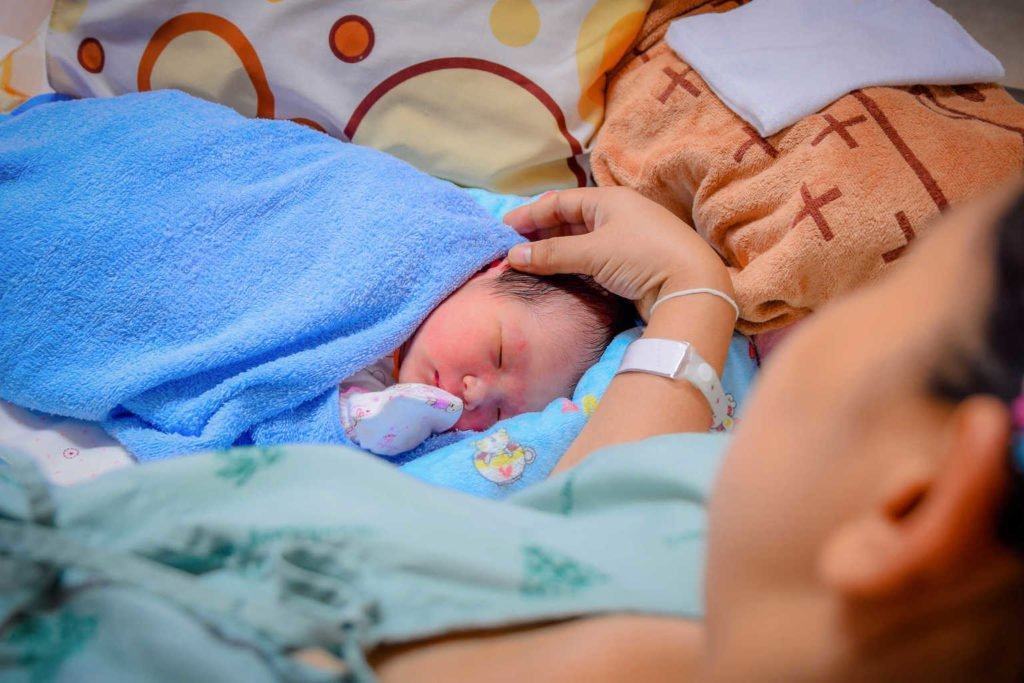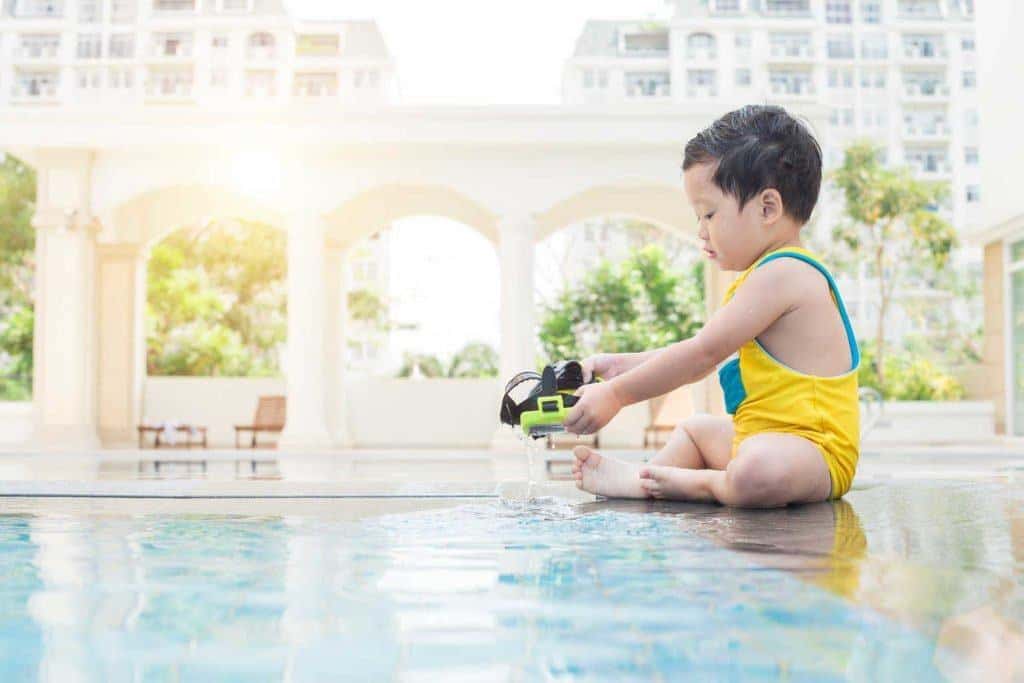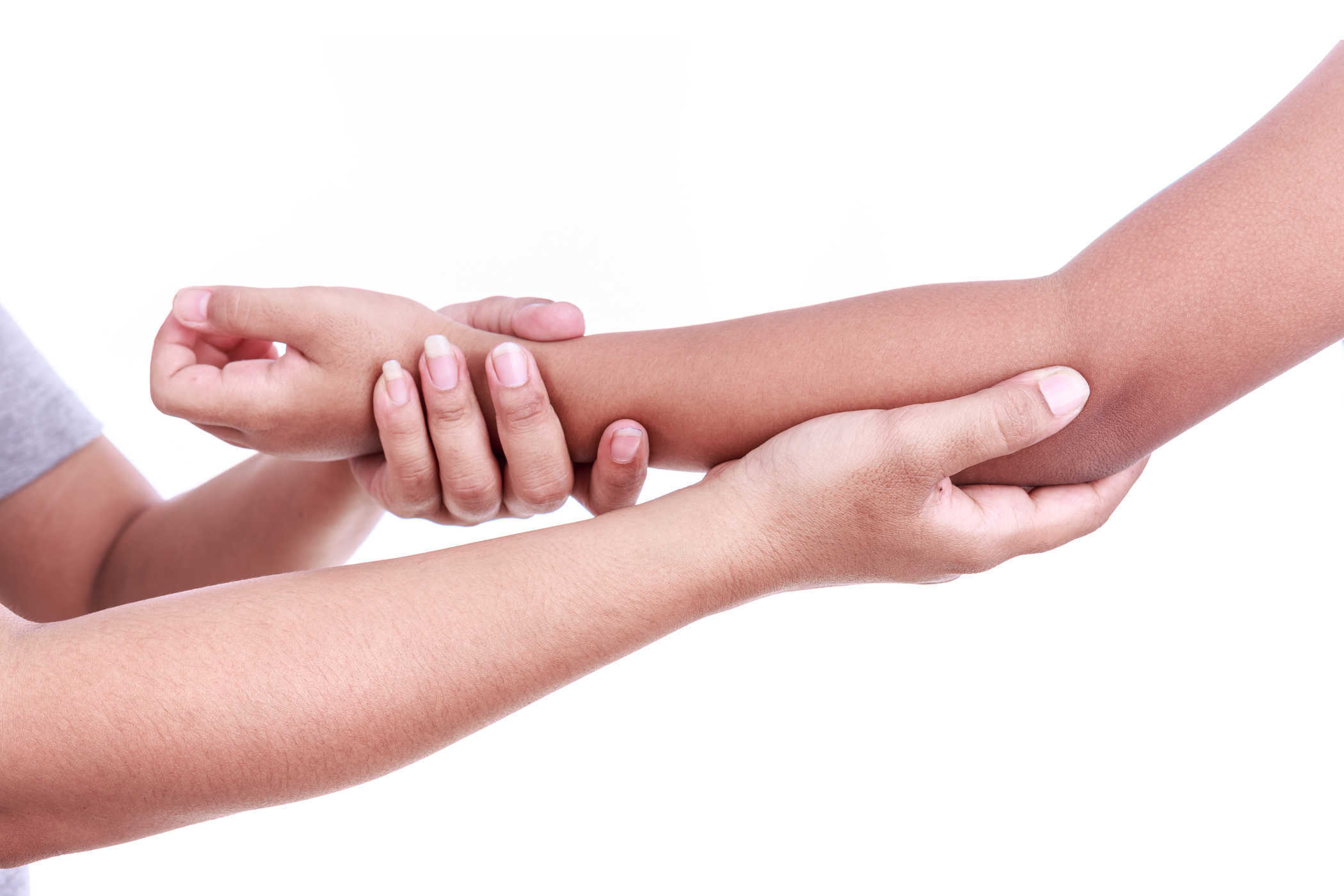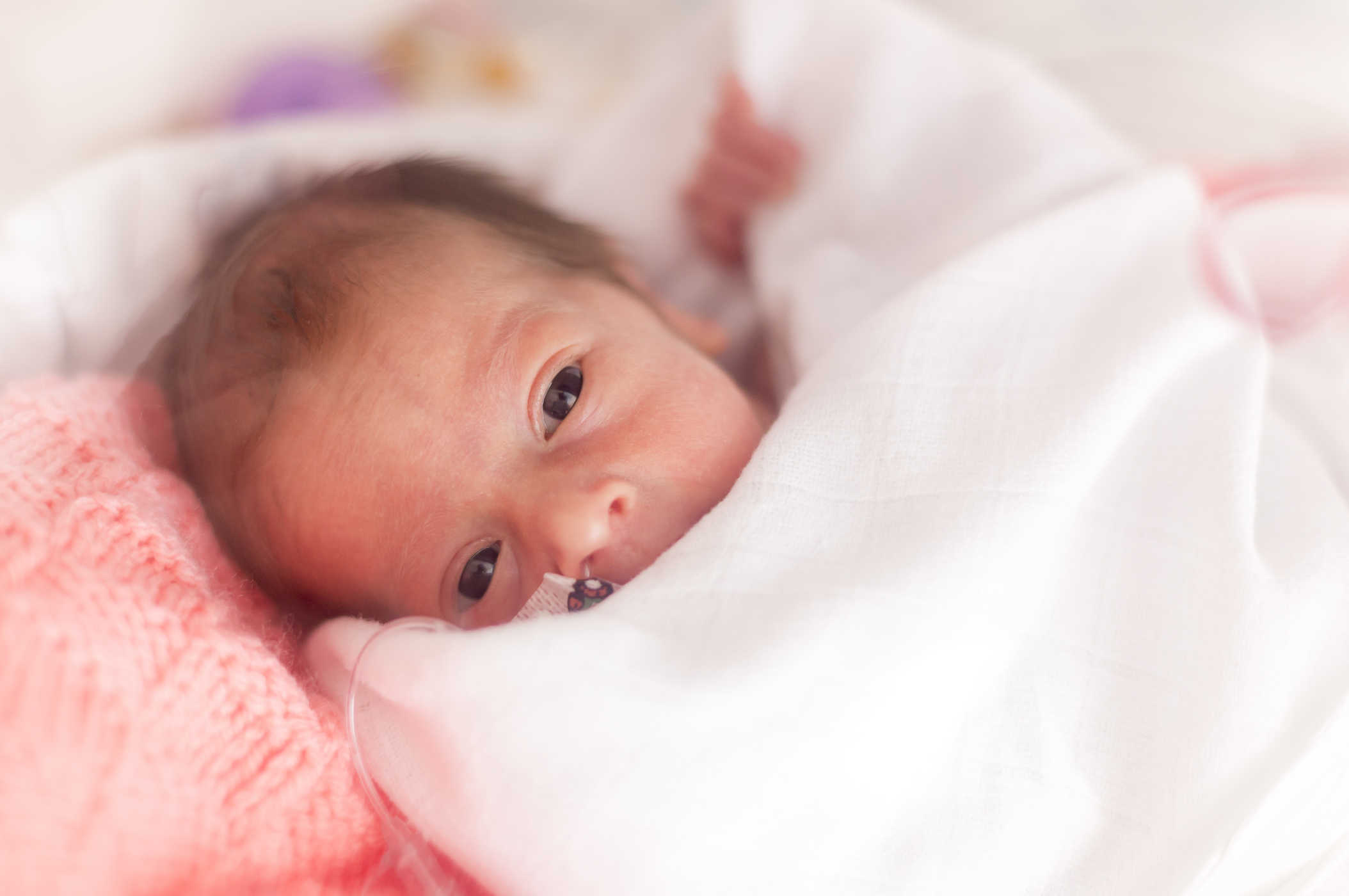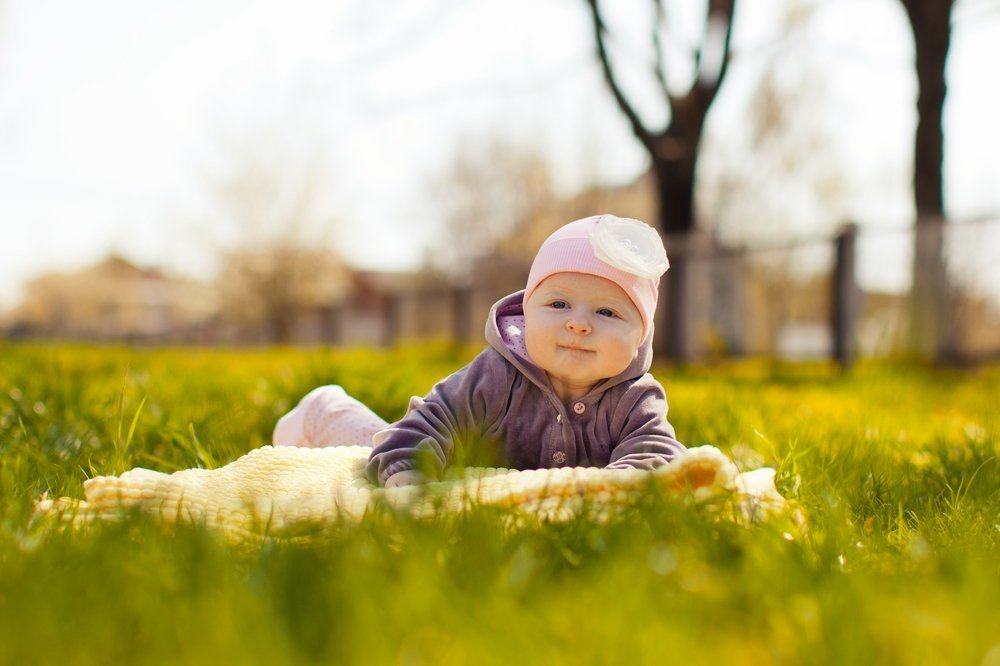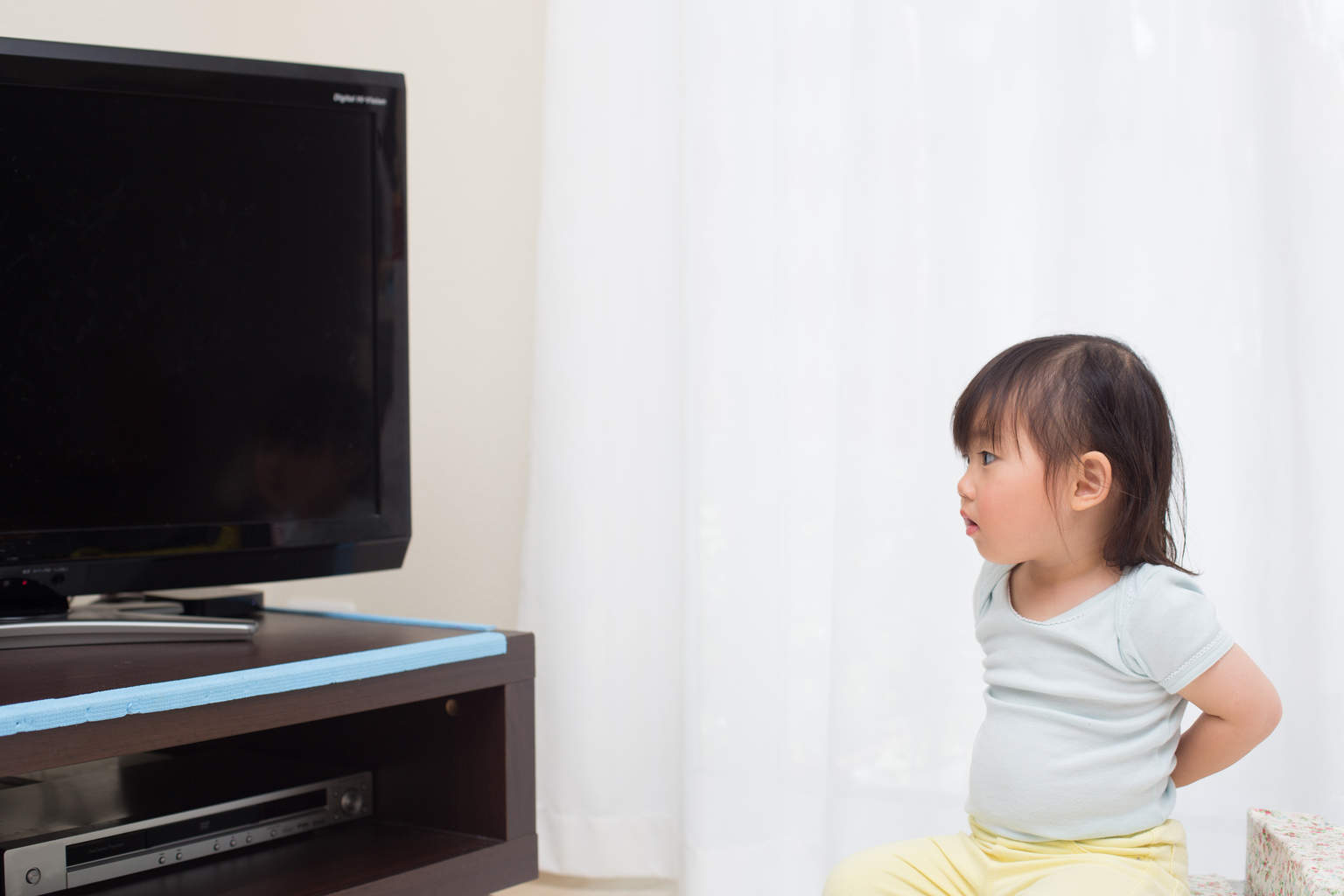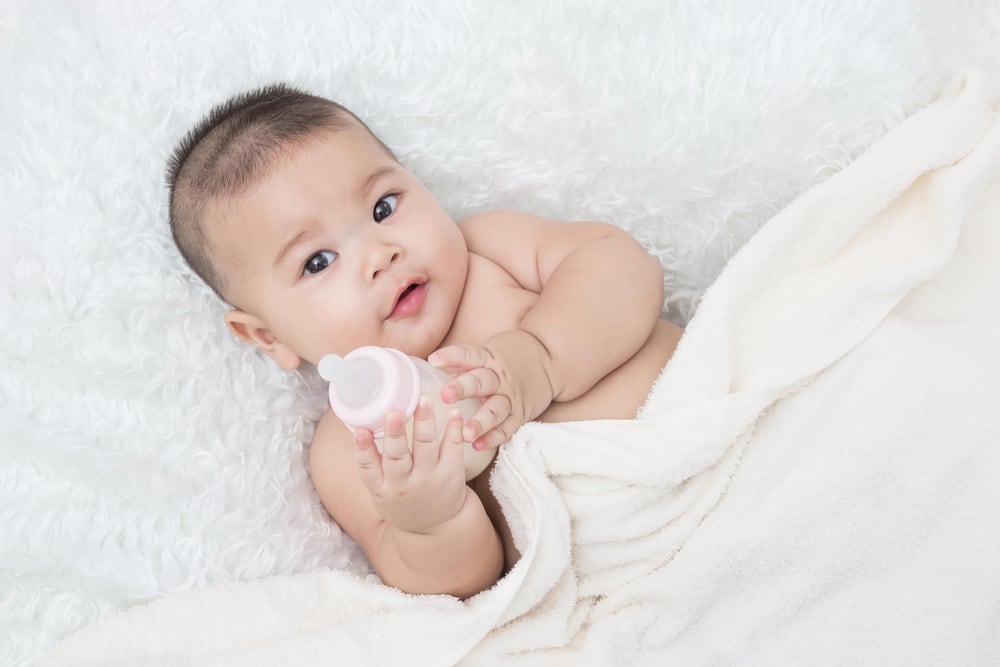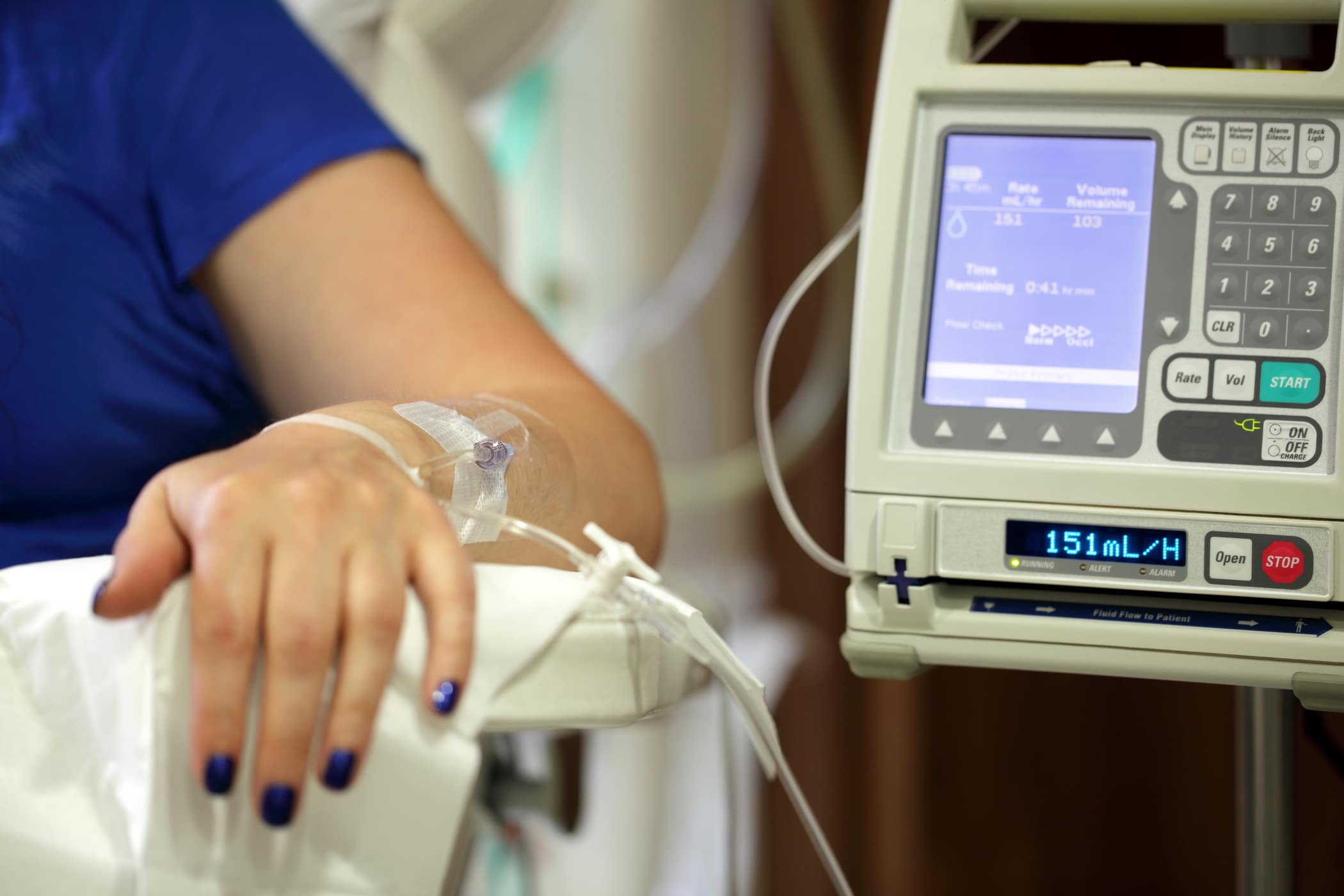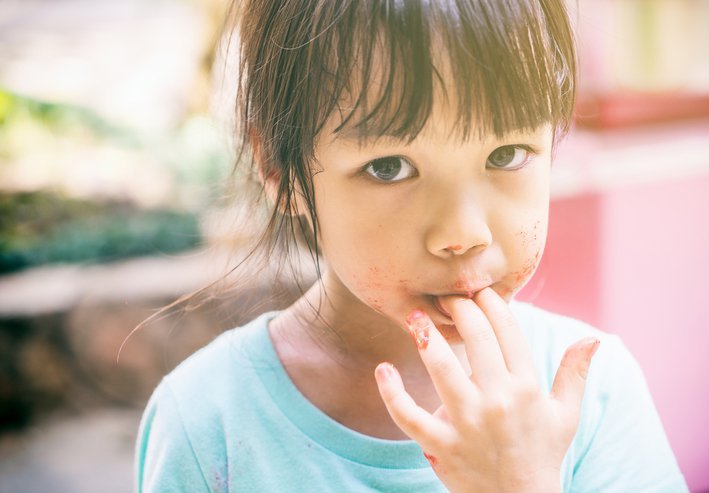Contents:
Medical Video: What To Do If Your Child Experiences Febrile Seizures
- Definition
What is seizure?
Seizures without fever occur in 0.4% of the population of children. If the incidence of seizures without fever continues, it is likely to cause epilepsy. The causes of seizures vary, but the most common is trauma to brain tissue which can trigger seizures. Repeated (paroxysmal) seizures can be treated with anticonvulsant drugs.
What are the signs and symptoms?
When seizures, the child will lose consciousness and suddenly fall, blank eyes or upside down, rigid body, and shock movements that occur in the hands and feet. Seizures generally last no more than five minutes.
- How to overcome
What should I do?
The first aid that you can do if your child is suddenly attacked by seizures is to lay your child in a horizontal plane (floor, mattress, or ground). Move it to a safer place only if it has a seizure in dangerous places.
After the seizures gradually recover, let him sleep and rest. Your child's brain experiences a short 'short' during a seizure, the best step you can take is to let him rest. If he has a recurrent (paroxysmal) seizure, discuss with your pediatrician about the therapy needed. Some doctors will advise you to increase the anticovulsant dose that your child is taking. If it passes the dose, double the dose from the one prescribed. There is no need to take the child to the ER every time a seizure occurs, especially if he is diagnosed by epilepsy.
When do I have to see a doctor?
Contact emergency care assistance (112), if:
- The first seizure lasts more than 5 minutes
- Seizures in children with epilepsy last more than 10 minutes (generally, the incidence of epilepsy will not hurt the brain if it does not last more than 30 minutes.)
Contact your doctor immediately, if:
- Your child has never experienced a seizure before
- Recurrent seizures occur very often
- Aftershocks occur
- Your child is confused or 'high' for more than 2 hours
- Prevention
As a precautionary measure, avoid your child from activities that are considered to trigger seizures. Avoid heavy activities that require climbing or height (such as climbing walls or tree climbing), cycling in the fast lane, or swimming without adult supervision. Also avoid sailing, scuba diving (diving), and paragliding (flying gliding). But keep in mind, most other sports activities remain safe to live.
Encourage your child to take a shower with a shower, and avoid bathing unless under the supervision of others.

